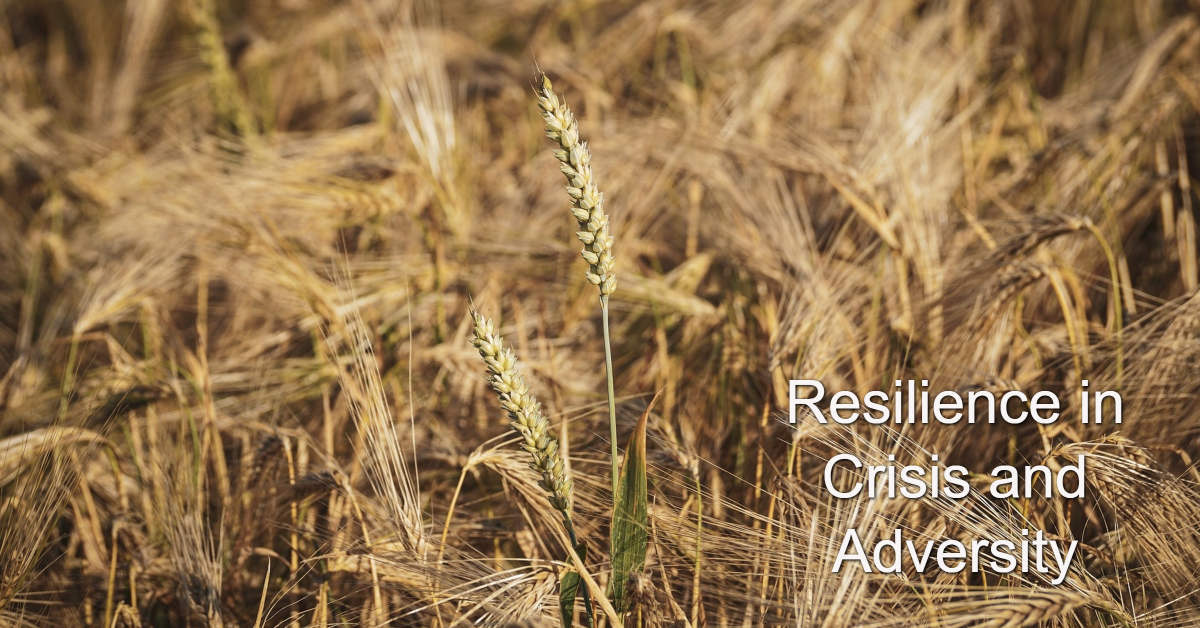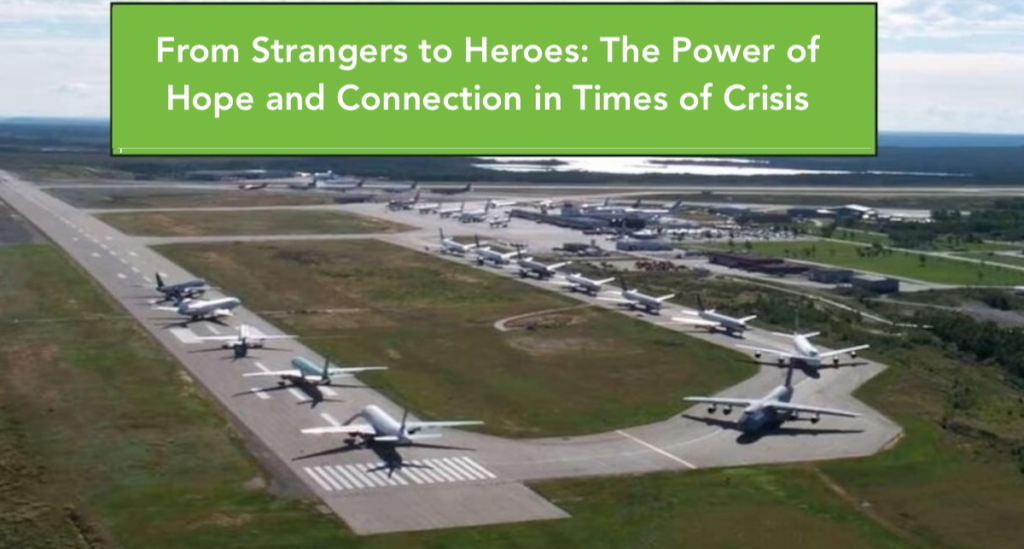Do you have enough resilience to survive and thrive?
Notice the date of this article, April 4, 2020. The world is in the midst of the COVID-19 pandemic and there appears to be no clear end in sight. This means, every day, every person needs to dig deeply to find the strength to carry on. But what happens if some people dig deeply and find there’s nothing there to help them? Let’s look at resilience for some answers.
The American Psychological Association defines resilience as “the process of adapting well in the face of adversity, trauma, tragedy, threats, or even significant sources of stress.” In fact, it’s during difficult times of life that we find out about resilience and if we have it.
The study of resilience began with the pioneering research conducted by Wolin and Wolin. They studied adult children of alcoholics and were surprised to see a wide range of results among the siblings, both positive and negative. Initially, their assumption was that siblings growing up together in the same household among alcoholic parents would suffer the same outcome as their parents.
They found just the opposite. Some of the siblings became alcoholics while others did not. They wanted to know why.
As the research has evolved, we have come to understand what resilience is and what it is not. Resilience is not an special ability or trait that some people have and others do not have. Rather, resilience is something that can be learned. It involves thoughts, behaviors and actions that can be learned and developed by anyone. As such, it’s vital that we recognize that resilience is represented on a spectrum of degrees. No matter where we are on the spectrum, we can improve. And the way we improve is by practicing the fundamentals of resilience, that follow the progression of thoughts, behaviors and actions.
The first fundamental of resilience has to do with adversity itself and how we think about it. Dweck states that “the single most important factor influencing a person’s success is mindset.” How we think about adversity has a direct impact on our behavior. For instance, some less resilient people might be afraid to try something new or challenging because they might fail. Resilient people aren’t afraid to try. They know that failing is a reality of life. But they believe that each failed attempt is also a learning opportunity. They are confident that with hard work and perseverance, they will ultimately succeed.
The second fundamental element has to do with self-belief. Resilient people believe in themselves. However, this belief in not in their own natural born abilities, but rather in the choices they make: to learn and grow; to persevere and not give up; to cultivate a positive, can-do attitude.
The fundamentals have to do with mindset about adversity and ourselves. In addition, resilience can be strengthen by practicing supportive behaviors. There are many actions that can help, but perhaps the three most important are:
• nurturing strong relationships and connections with family members, friends, or others who are important.
• Avoiding seeing crises as insurmountable, but rather believing that every problem has a solution, that every barrier can be overcome.
• Accepting that change, challenges and difficulties are part of life.
Ask yourself where you might be on the spectrum of resilience and what you can do today to improve your resilience.
Most people respond to adversity with strong emotions and a sense of uncertainty. These emotions and uncertainty usually cause problems in the workplace. People who adjust to stressful conditions have learned to be resilient.
“All our core stories are about what happens when human beings and adversity collide. From those moments tragedies unravel and greatness is spawned. Adversity both destroys and elevates.”
Are you in the midst of a major change or planning for effective implementation? Consider the overwhelming benefits that building resilience in your employees will have in successfully implementing a change!
Our Resiliency Self-Assessment Questionnaire will help you identify strengths, as well as making you aware of areas for improvement.





